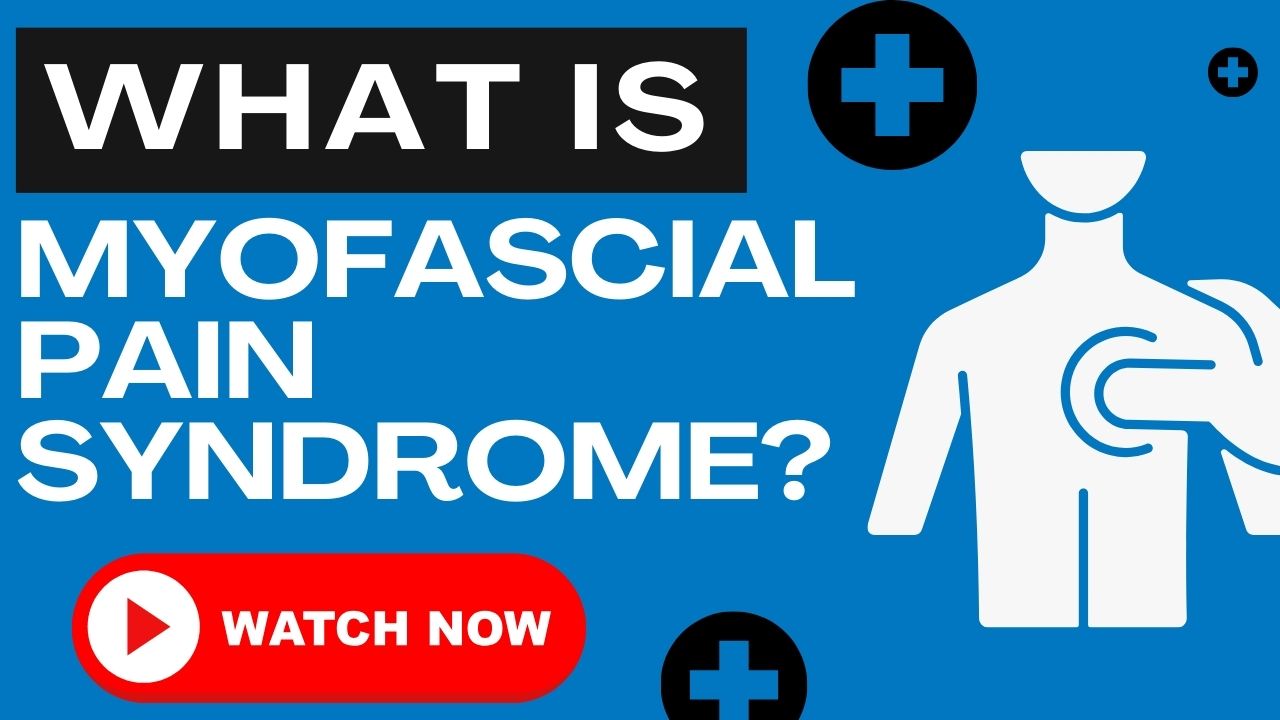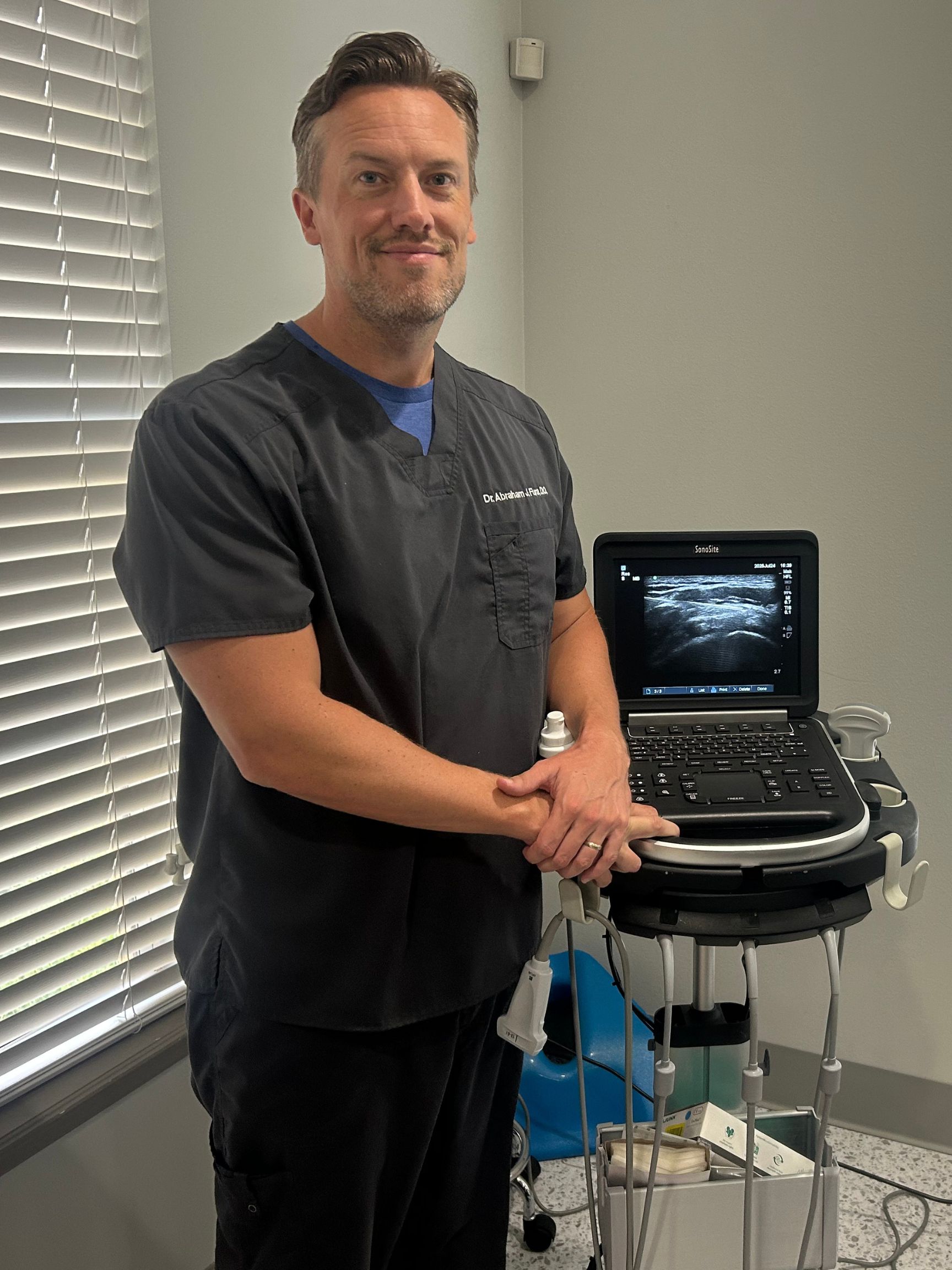
CONDITION OVERVIEW
Myofascial Pain Syndrome is a chronic condition characterized by deep, aching pain in a muscle and its surrounding connective tissue (fascia). The hallmark of this syndrome is the presence of "trigger points"—sensitive, tight knots of muscle that are painful when pressed and can cause referred pain, which is pain felt in a completely different part of the body. This condition can develop from muscle injury, repetitive strain, or stress. Effective treatment requires a targeted approach to release these trigger points and restore the muscle to its normal, pain-free state.

ROOT CAUSES
Myofascial pain develops when muscles are injured or placed under excessive, repetitive strain. This leads to the formation of sensitive knots of muscle fiber called trigger points.
The most common cause. Performing the same motions over and over, such as in certain jobs or sports, can lead to muscle fatigue and trigger point formation.
Holding your body in a stressful position for long periods, like slouching at a desk or "tech neck," puts continuous strain on muscles, making them prone to trigger points.
A single injury, like a back strain from lifting or a fall, can cause a trigger point to develop within the muscle as part of the healing process.
Psychological stress often leads to unconsciously clenching muscles, especially in the neck and shoulders, which can lead to fatigue and trigger points.

RECOGNIZING THE SIGNS
The key feature of myofascial pain is a tender knot in a muscle that causes pain in a different, seemingly unrelated area of the body.
A persistent, deep ache in a specific muscle area, such as the neck, lower back, or shoulder, that doesn't seem to go away.
The existence of one or more palpable, tender "knots" or tight bands of muscle that are acutely sore when you press on them.
The hallmark sign. Pressing on a trigger point in one muscle reliably reproduces pain in a different area (e.g., a knot in the shoulder causing a headache).
The affected muscle often feels tight, stiff, and weak, leading to a reduced range of motion in the associated joint.
The chronic, deep aching pain can make it difficult to find a comfortable sleeping position, leading to fatigue and poor sleep quality.
When a trigger point is stimulated (e.g., with a needle or deep pressure), it can cause the muscle band to visibly jump or twitch.
If you're dealing with persistent, deep aching muscle pain and tender "knots" that just won't go away, you may have Myofascial Pain Syndrome. This condition requires a targeted approach to release the trigger points and restore muscle health. Don't just live with the ache. Contact us for a thorough evaluation and a plan for lasting relief.